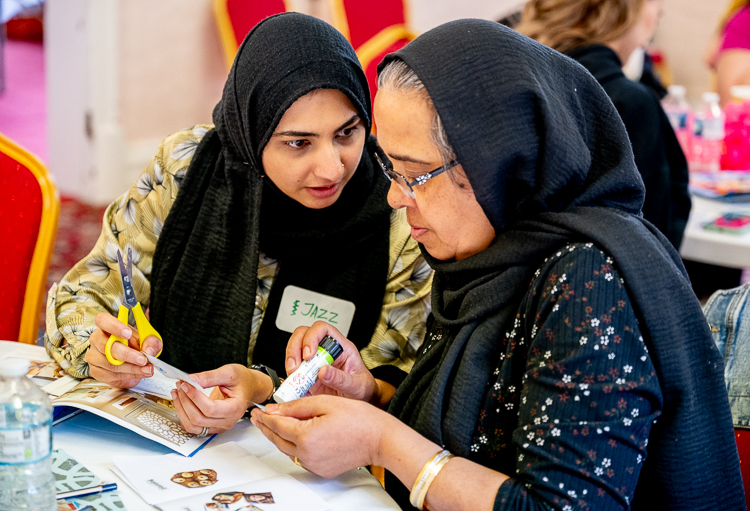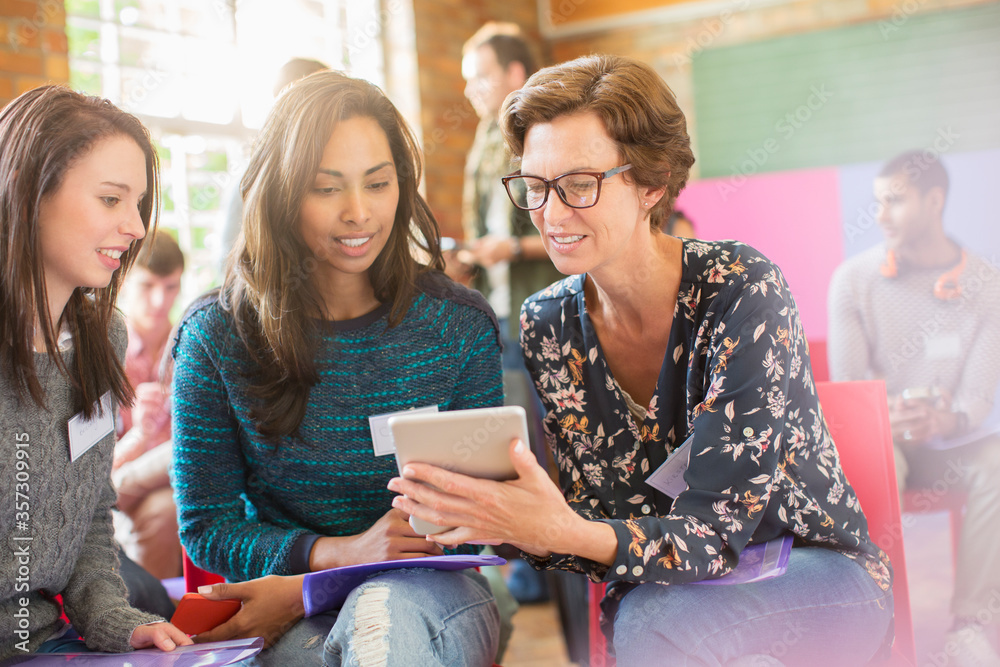
Community-Led Research Collaboration

We know it can be tough for people working on community-led research, particularly where their work is deeply tied to their own lived experience. That's why we're bringing together a group of leaders to design ideas for change.
We have a budget of £80,000 and are looking to bring a group of leaders together for a period of co-design that will develop and test ideas for how this funding can be used.
This initiative builds on learning from The Ideas Fund and other community research projects within the British Science Association, and responds to what we’ve heard from people leading this work: that community-led approaches to research can bring huge benefits to individuals, communities, and local systems, but that those leading the work often struggle with limited resources and recognition, isolation, and barriers that make their impact harder to achieve and sustain.
To help shape how the £80,000 will be used, we expect to bring together between 6-8 individuals over the coming months who will be awarded a grant of £3,000 (plus travel expenses) to take part in an in-depth co-design process. This opportunity is open to people in the UK. We hope this will provide the opportunity and space to connect with others leading this work and build new relationships, alongside the chance to shape ideas that respond directly to the needs of people doing community-led research. This will be an exploratory process which we hope will benefit both the people taking part and the wider community-led research field.
At its heart, the project is about centring the people leading community research - particularly those whose voices and experiences are not often heard or represented - and creating the conditions for their work to thrive.
Why now?
Over the past five years, through The Ideas Fund and a range of other community research projects - such as the Community Led Research Pilot, Highlands & Islands Climate Change project and Creating Knowledge Together essay series - we’ve been able to collaborate with hundreds of the people and partners working in community research across the UK.

This work has been tied together by a commitment to shared learning: bringing people together into communities of practice and peer learning groups; holding space for honest reflection and challenge; and deepening the shared understanding of the breadth and diversity of voices, experiences and aspirations across community-led research.
Community-led research has grown rapidly, showing the power of lived experience and local knowledge to shape research and drive change. Despite this growth, many of the people leading this work are stretched and isolated, while systemic barriers make it harder to sustain.
Those driving this vital work - leading research and sparking urgent change in their communities - often carry a heavy load. This is especially true for people whose work is deeply tied to their lived experience. Many are balancing research with peer support, activism and campaigning, while also challenging systemic inequalities and fighting for inclusion and justice at local and national levels.
There is a pressing need to strengthen the support available to these leaders, not just to help their work have greater impact, but also to ensure they can sustain it over the long term. We hope this project will help to respond to that need.
What we're hoping to achieve
Our aim is to support a co-design process that centres the people leading this work and creates space for ideas that make a real and lasting contribution to the field of community-led research.

- For participants, the project offers grant funding in recognition of their time, expertise and contribution. It creates space to connect with others leading this work, reduce isolation, and build new relationships. It also offers visibility, recognition, and the chance to shape ideas that respond directly to the needs of people doing community-led research.
- For the wider field, this project will test new ways of resourcing, connecting and strengthening the field, while building trust and shared learning across communities, funders and institutions. Up to £80,000 will be available to develop and pilot new approaches - whether that’s a funding model, a resource, a framework, or something else entirely - that serves the wider field and benefits others doing this work. We hope there will be stronger partnerships and evidence to help secure further investment, ensuring this work continues beyond the life of this project.
- For the BSA, this project is about more than a single phase of work. It’s an opportunity to convene and connect, creating space for collaboration and strengthening the conditions for community-led research to thrive. It will also help us learn how this field can be better supported and improve our own practice as an organisation. In doing so, we hope this project will contribute to lasting change, creating the foundations for the BSA’s role in community-led research to be recognised, resourced and sustained.
Phase 1: Co-design (autumn 2025 to early 2026)
A Core Group of 6–8 participants will work together over three months to identify challenges and opportunities, and co-design one or more testable ideas for change. Participants will receive £3,000 plus expenses for their time.
Phase 2: Test (spring 2026 onwards)
The ideas developed in Phase One will be piloted with up to £80,000 of resource. Some or all of the group may continue to be involved in the test, depending on what ideas are taken forward. We’ll also use this phase to learn what it would take to scale up or sustain promising approaches over the longer term.
Phase 3: Sharing Learning (late 2026)
The final phase will focus on sharing learning from the project, ensuring that the approaches and insights developed are accessible and useful to others. Mechanisms for this phase are still to be defined and will be shaped with participants as the work progresses.

How can I get involved or find out more?
Phase One of the project is open for applications now. A Core Group of collaborators will be formed to co-design new approaches to supporting community-led research. Further updates on later phases and wider opportunities to connect with the project will be shared here as the work develops.
Read more about the Open Call for Phase One

